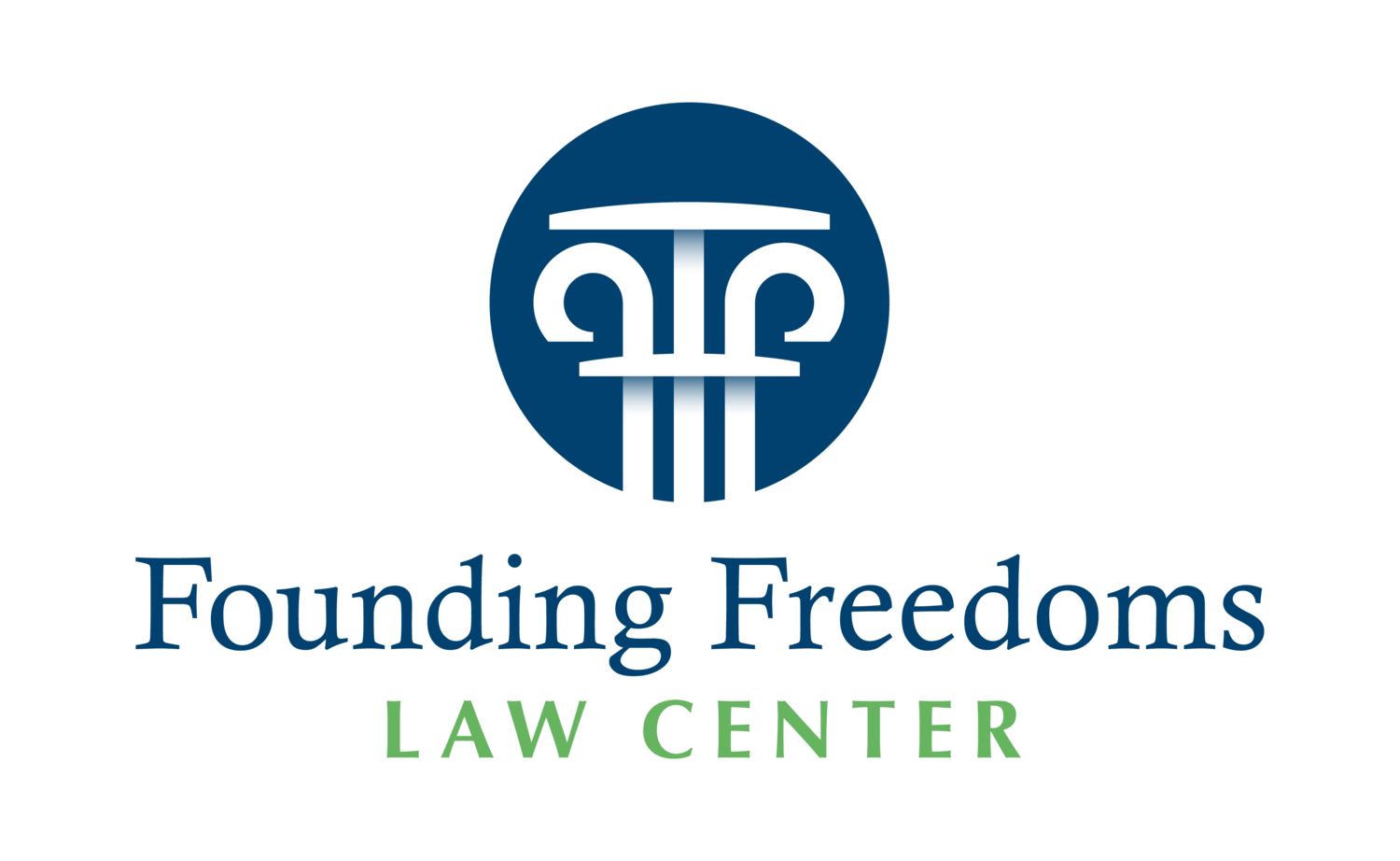Big Win for Religious Freedom in the Workplace!
Today, the U.S. Supreme Court issued a great ruling in its highly-anticipated opinion in Groff v. DeJoy, a case about employers’ obligations under federal law to provide religious accommodations to their employees.
The Court decided unanimously in favor of the employee in what amounts to a resounding win for all people of faith in their places of employment, especially as hostility towards religion in the marketplace is rapidly on the rise.
The Plaintiff, Gerald Groff, was denied his request for a religious accommodation by his former employer, the U.S. Postal Service, to not work on the Sabbath, something his faith required. The lower courts sided with Groff’s former employer, but thankfully today the Supreme Court sided unanimously with Groff. Discarding the long-used “more than de minimis” standard for showing that an accommodation would pose an “undue hardship” on the employer, the Court today held that Title VII of the federal Civil Rights Act “requires an employer that denies a religious accommodation to show that the burden of granting an accommodation would result in substantial increased costs in relation to the conduct of its particular business.”
We recently brought a class-action lawsuit against UVA Health Systems for violations of many individuals’ Title VII rights against religious discrimination, and we are actively planning to file more suits on behalf of Virginians who have been fired because of their religious convictions after their employers refused reasonable accommodations. Today’s decision makes our cases to vindicate these employees’ rights even stronger.
We hope today’s decision sends a strong message to employers that they should respect their employees’ religious convictions, whether it be about Sabbath observance, vaccines, human sexuality, or other similar issues about which people are increasingly finding themselves at odds with their employers.
If you or someone you know is facing religious discrimination, don’t hesitate to reach out to our attorneys at the Founding Freedoms Law Center.
